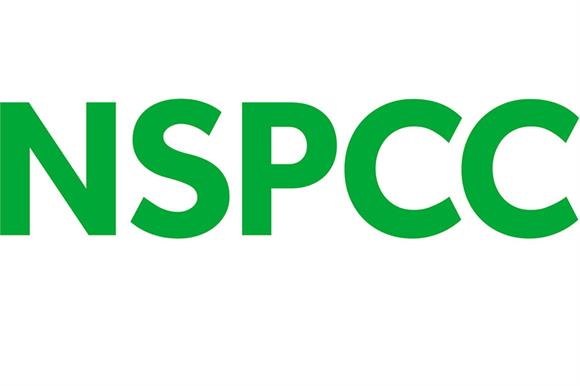The NSPCC Helpline has seen a 43% increase in the number of contacts in Wales it refers to external agencies such as councils and police amid rising reports of neglect and physical abuse.
New figures from the free 24-hour helpline showed 1,449 contacts were passed on in 2015/16 – 121 a month – compared with 1,014 in 2012/13.
Across the UK, 33,333 contacts were passed on in 2015/16 – nearly 100 a day – compared with 23,733 in 2012/13 when the Savile scandal first came to light.
The concerns raised by members of the public who contacted the helpline, ranged from those worried about young people who were victims of sexual abuse to children living in squalid conditions who may be suffering from neglect.
The charity said the figures reflected an increasing refusal for the public to turn a blind eye when it came to the welfare of children, and reflected a growing demand for advice and action to prevent child abuse.
In Wales, Bridgend saw the highest rise in referrals over the last three years, rising by 88% between 2012/13 and 2015/16, followed by Flintshire with 85%, Anglesey with 67%, Swansea with 67% and Newport with 61%.
The NSPCC Helpline figures across the UK show:
- Contacts from the public concerned about neglect of a child which were referred rose from 9,803 in 2012/13 to 14,169 last year – up 45 per cent
- Referrals because of physical abuse rose from 5,783 in 2012/13 to 8,401 in 2015/16 – a rise of 45 per cent
- The number of contacts passed on because of emotional abuse increased by 43 per cent – from 3,629 in 2012/13 to 5,195 in 2015/16
- In the last two years the Helpline has also referred 507 reports of slavery to local authorities
An NSPCC Helpline counsellor described what happened when a call was referred to the council and police:
“The NSPCC received a call from a neighbour who was worried about children living next door. The caller often heard the children crying and screaming over long periods of time with its parents not responding.
“The caller has also heard the children’s mum shouting and swearing at her children and loud thumping and banging. The caller is concerned that the children are being neglected. The NSPCC referred the case to Children’s Services and local police for a welfare check on the children.”
It comes after earlier this month the NSPCC revealed its helpline received an average 10 contacts a day from people concerned about children living in a dangerous or risky home.
The charity has also launched its new ‘Alfie’ advertising campaign aimed at raising awareness of what a child can achieve when freed from abuse.
Des Mannion, head of NSPCC Cymru / Wales, said: “These figures reveal a nation that is more alive to the issues of child abuse following recent high profile scandals and the ongoing investigation into non-recent child abuse.
“They have become increasingly concerned and aware of the tell-tale signs of abuse and neglect in children and our helpline is an invaluable service for people worried about the safety of a young person.
“It’s a big decision to involve local authorities or police and our counsellors will only act when there is genuine concern for the welfare of a child.
“But people who are worried, and feel they need to speak to someone, can be reassured they will be listened to and taken seriously.”
The free helpline provides adults with a place they can get advice and support, share their concerns about a child or get general information about child protection.
Adults can contact the helpline 24 hours a day, 365 days a year on 0808 800 5000, by texting 88858 or visiting www.nspcc.org.uk.
Help keep news FREE for our readers
Supporting your local community newspaper/online news outlet is crucial now more than ever. If you believe in independent journalism, then consider making a valuable contribution by making a one-time or monthly donation. We operate in rural areas where providing unbiased news can be challenging. Read More About Supporting The West Wales Chronicle























